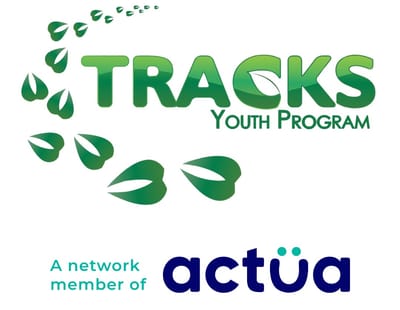Tanez: End of Summer Blog Post
A meaningful/impactful experience I had this summer would be teaching and having a conversation with a camper who was curious about smudging. We smudge every morning at camp, and for quite a few campers it was their first time. One of the campers told me they went home that night and were researching smudging, including looking online for their own smudge kit. It was great seeing our morning smudges spark interest for the camper. We had aconversation about smudging and I shared what I've been taught. At the end of the week we were able to put together a small smudge kit for the camper to take home!
I feel like I’ve definitely improved/changed since the spring vs now. To teach in the best way I can, I’ve learned and explored a lot of different areas related to the environment and Indigenous knowledge. This includes fire keeping! Learning not only the science but cultural aspects of building and to caring for shkode. The opportunity to learn from multiple fire keepers, then practice, and eventually teach has been a great experience. It has definitely sparked my interest in fire keeping which I plan to pursue more of this fall.
Plant identification and Nishinaabemowin are two other areas I’ve been passionate about which I was able to strengthen and dive into this summer! Now that it is the end of summer I feel, very comfortable sharing the value of Indigenous knowledge and its connection to scientific concepts.
Learning Nishinaabemowin is so important for anyone living on this territory. It is the language the plants and animals recognize, and the language that's been spoken here since time in memorial, we have to prioritize it! At camp we incorporate Nishinaabemowin into as much as we can. Every morning we started with a little warm up game for the kids to move around and stretch. This game used Nishinaabemowin, specifically animals that we ask them to act out, only saying the animals name in Nishinaabemowin. By the end of the week the campers were able to remember and use the Nishinaabemowin names for 10 different animals. It was really great to see the kids using the language native to this territory to identify animals. It is so important to speak Nishinaabemowin, cause if we don't use it we’ll lose it.
Teaching kids about honey bees and pollination was really fun as it's been an area of recent interest for me. Volunteering at an apiary, and working with sometimes thousands of bees at once has become a lovely hobby of mine. So being able to share what I know to facilitate discussion and games around honey bees has been exciting! Bees often get a bad rep because they can sting you, but through the Honey Hive Hustle activity we talk about how important they are for the environment, and us as humans. We talk about ways to help them, and respect them. The game allows the kids to become the bees, so they can see how hard life as a bee can be. Once the activity is over the campers often have a better understanding of what bees go through and thus new found respect.
